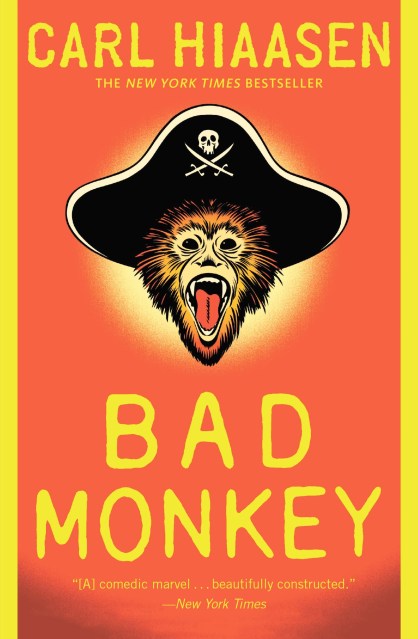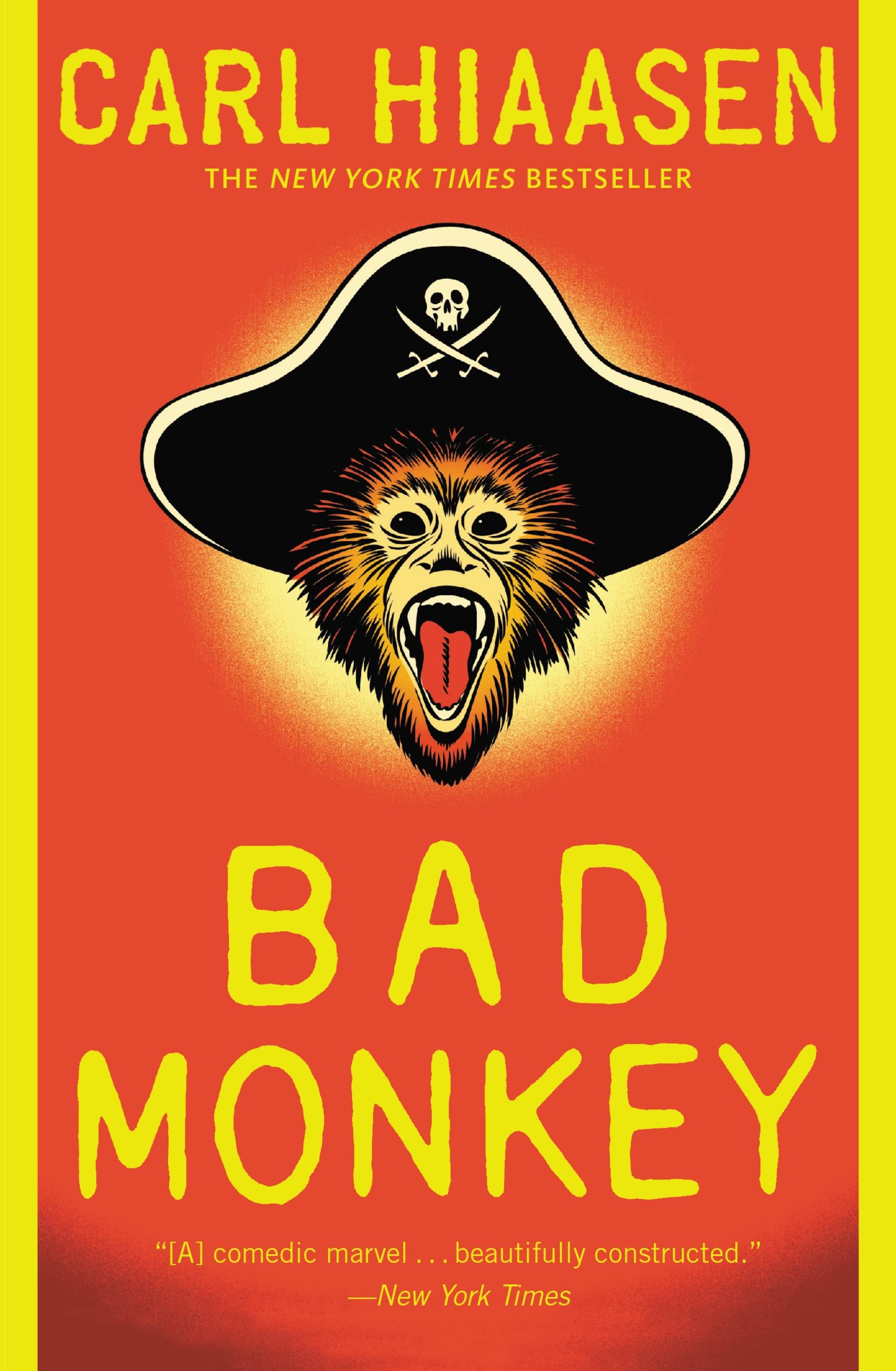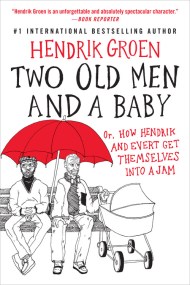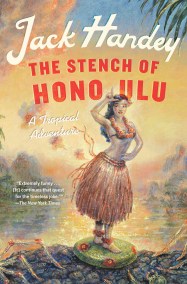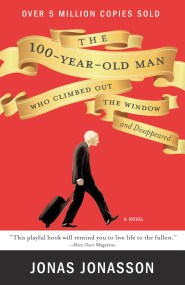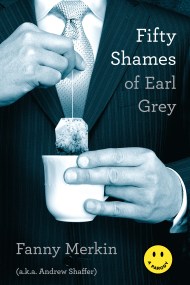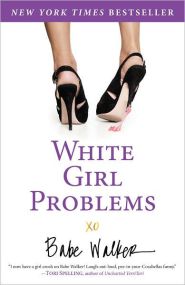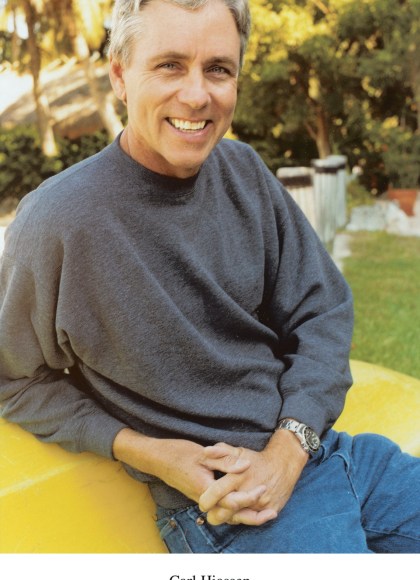By clicking “Accept,” you agree to the use of cookies and similar technologies on your device as set forth in our Cookie Policy and our Privacy Policy. Please note that certain cookies are essential for this website to function properly and do not require user consent to be deployed.
Bad Monkey
Contributors
By Carl Hiaasen
Formats and Prices
- On Sale
- Jun 3, 2014
- Page Count
- 400 pages
- Publisher
- Grand Central Publishing
- ISBN-13
- 9780446556149
Price
$19.99Price
$25.99 CADFormat
Format:
- Trade Paperback $19.99 $25.99 CAD
- Trade Paperback (Media Tie-In) $18.99 $24.99 CAD
This item is a preorder. Your payment method will be charged immediately, and the product is expected to ship on or around June 3, 2014. This date is subject to change due to shipping delays beyond our control.
Buy from Other Retailers:
The Apple TV+ Original series from Ted Lasso Executive Producer Bill Lawrence and starring Vince Vaughn, praised as “a rollicking, darkly hilarious series that’s both compulsively watchable and plain old fun” (The Ringer) is based on the zany and sharp novel from “the funniest important writer in America” (Miami Herald).
Andrew Yancy-late of the Miami Police and soon-to-be-late of the Monroe County sheriff’s office-has a human arm in his freezer. There’s a logical (Hiaasenian) explanation for that, but not for how and why it parted from its shadowy owner. Yancy thinks the boating-accident/shark-luncheon explanation is full of holes, and if he can prove murder, the sheriff might rescue him from his grisly Health Inspector gig (it’s not called the roach patrol for nothing).
But first-this being Hiaasen country-Yancy must negotiate an obstacle course of wildly unpredictable events with a crew of even more wildly unpredictable characters, including his just-ex lover, a hot-blooded fugitive from Oklahoma; the twitchy widow of the frozen arm; two avariciously optimistic real-estate speculators; the Bahamian voodoo witch known as the Dragon Queen, whose suitors are blinded unto death by her peculiar charms; Yancy’s new true love, a kinky coroner; and the eponymous bad monkey-who just may be one of Carl Hiaasen’s greatest characters.
Andrew Yancy-late of the Miami Police and soon-to-be-late of the Monroe County sheriff’s office-has a human arm in his freezer. There’s a logical (Hiaasenian) explanation for that, but not for how and why it parted from its shadowy owner. Yancy thinks the boating-accident/shark-luncheon explanation is full of holes, and if he can prove murder, the sheriff might rescue him from his grisly Health Inspector gig (it’s not called the roach patrol for nothing).
But first-this being Hiaasen country-Yancy must negotiate an obstacle course of wildly unpredictable events with a crew of even more wildly unpredictable characters, including his just-ex lover, a hot-blooded fugitive from Oklahoma; the twitchy widow of the frozen arm; two avariciously optimistic real-estate speculators; the Bahamian voodoo witch known as the Dragon Queen, whose suitors are blinded unto death by her peculiar charms; Yancy’s new true love, a kinky coroner; and the eponymous bad monkey-who just may be one of Carl Hiaasen’s greatest characters.
-
"[A] comedic marvel . . . [Hiaasen] hasn't written a novel this funny since Skinny Dip. . . . Beautifully constructed."Janet Maslin, The New York Times
-
"[A] deliciously zany romp. Buckle up for the ride."People
-
"Bad Monkey boils over with corruption and comeuppance. And yes, there's a monkey."O, The Oprah Magazine
-
"[A] rollicking misadventure in the colorful annals of greed and corruption in South Florida. . . . Hiaasen has a peculiar genius for inventing grotesque creatures . . . that spring from the darkest impulses of the id. But he also writes great heroes."Marilyn Stasio, The New York Times
-
"This 'Triple-F'-fierce, funny, and Floridian . . . enfolds corruption, greed, mayhem, and very funny social satire in the way that only Hiaasen does it."Reader's Digest
-
"[Hiaasen is] one of America's premier humorists."Rege Behe, Pittsburg Tribune-Review
-
"No one writes about Florida with a more wicked sense of humor than Hiaasen."Jocelyn McClurg, USA Today
-
"The gold standard for South Florida criminal farce."Kirkus Reviews
-
"Inspired . . . Another marvelously entertaining Hiaasen adventure."Publishers Weekly
-
"Hiaasen is laugh-out-loud funny and thoroughly entertaining."Thomas Gaughan, Booklist (starred)
Newsletter Signup
By clicking ‘Sign Up,’ I acknowledge that I have read and agree to Hachette Book Group’s Privacy Policy and Terms of Use
